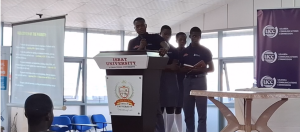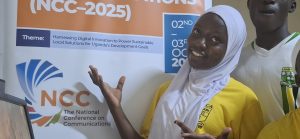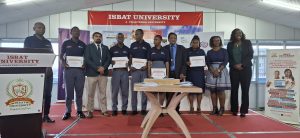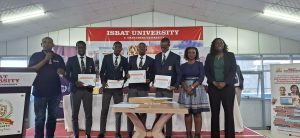St. Elizabeth Girls School — Pioneering Artificial Intelligence for Health and Education in Uganda
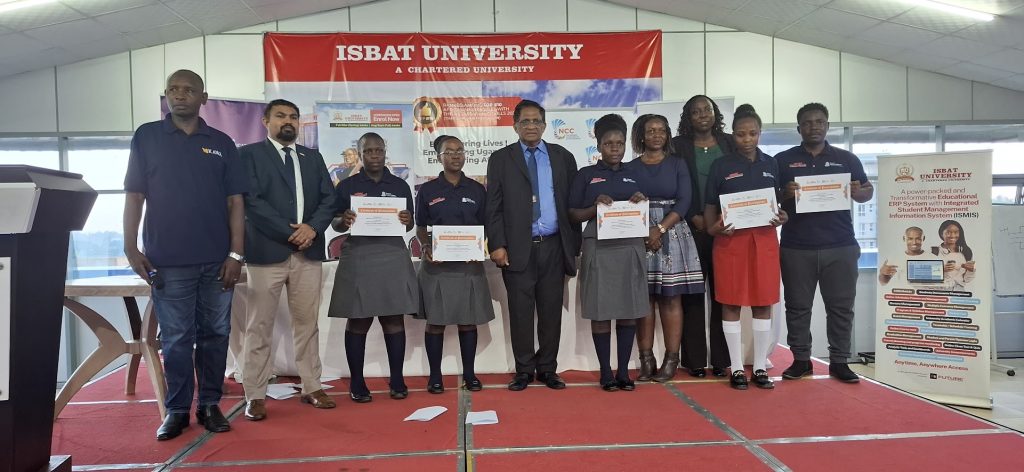
In today’s digital world, young innovators are proving that technology can be more than a luxury — it can be a lifeline. St. Elizabeth Girls School has taken this truth to heart through two transformative projects that are shaping the future of learning and student wellbeing in Uganda: the Steel Health Chat Bot and the Steel Smart Study Project. These initiatives, developed under the Uganda Communications Commission (UCC) ICT Clubs program in partnership with KAWA Uganda, demonstrate the incredible potential of artificial intelligence to address real challenges in schools and communities.
The Steel Health Chat Bot was designed to give learners, especially adolescent girls, private access to timely and reliable health information. In many schools, topics such as menstrual hygiene, nutrition, and first aid are still surrounded by discomfort and limited guidance. This innovation offers a safe, judgment-free digital platform where girls can ask questions and receive instant, trustworthy advice. By blending AI with health education, the chatbot empowers students to make informed decisions about their wellbeing, boosts confidence, and reduces misinformation on sensitive issues that are often ignored in traditional classrooms.
Meanwhile, the Steel Smart Study Project tackles one of the most pressing issues among students — poor time management and inconsistent study habits. This digital assistant helps learners create balanced revision timetables, track daily learning goals, and access simplified summaries of key lessons. It acts as a personal tutor, encouraging self-discipline, consistency, and academic focus. Through interactive tools and automated reminders, students are guided toward smarter study routines that reduce exam stress and improve performance across all subjects.
Together, these two projects represent a remarkable fusion of education, technology, and human empathy. They show that when students are given the right digital tools, they can identify and solve problems that directly affect their peers. The combination of health innovation and academic support reflects a holistic understanding of what young people truly need — not just to pass exams, but to thrive physically, emotionally, and intellectually.
Beyond the projects themselves, the success of St. Elizabeth Girls School sends a powerful message to other schools across Uganda: that technology is not just for engineers or urban elites. It is a tool for inclusion, empowerment, and transformation. By nurturing curiosity, creativity, and problem-solving through ICT Clubs, schools can unlock new possibilities for student-led innovation that directly aligns with the Sustainable Development Goals (SDG 3: Good Health and Well-being, and SDG 4: Quality Education).
The Steel Health Chat Bot and Steel Smart Study Project are not just technical solutions — they are blueprints for how young girls can lead in shaping Uganda’s digital future. They remind us that the next generation of innovators is already here, designing solutions that touch lives, promote equity, and bridge the gap between technology and human needs. Through initiatives like these, St. Elizabeth Girls School stands as a beacon of digital excellence and empowerment, inspiring a wave of intelligent, compassionate innovation across the country.

